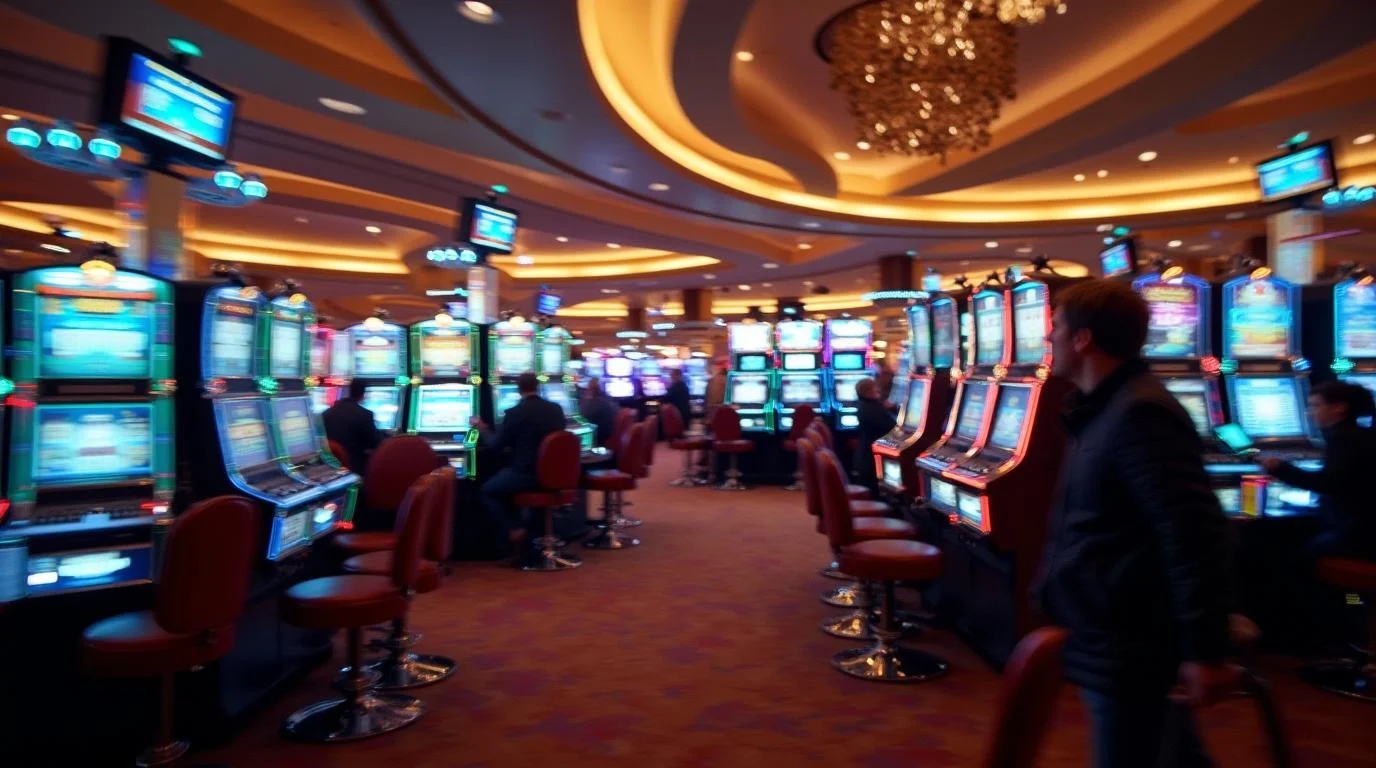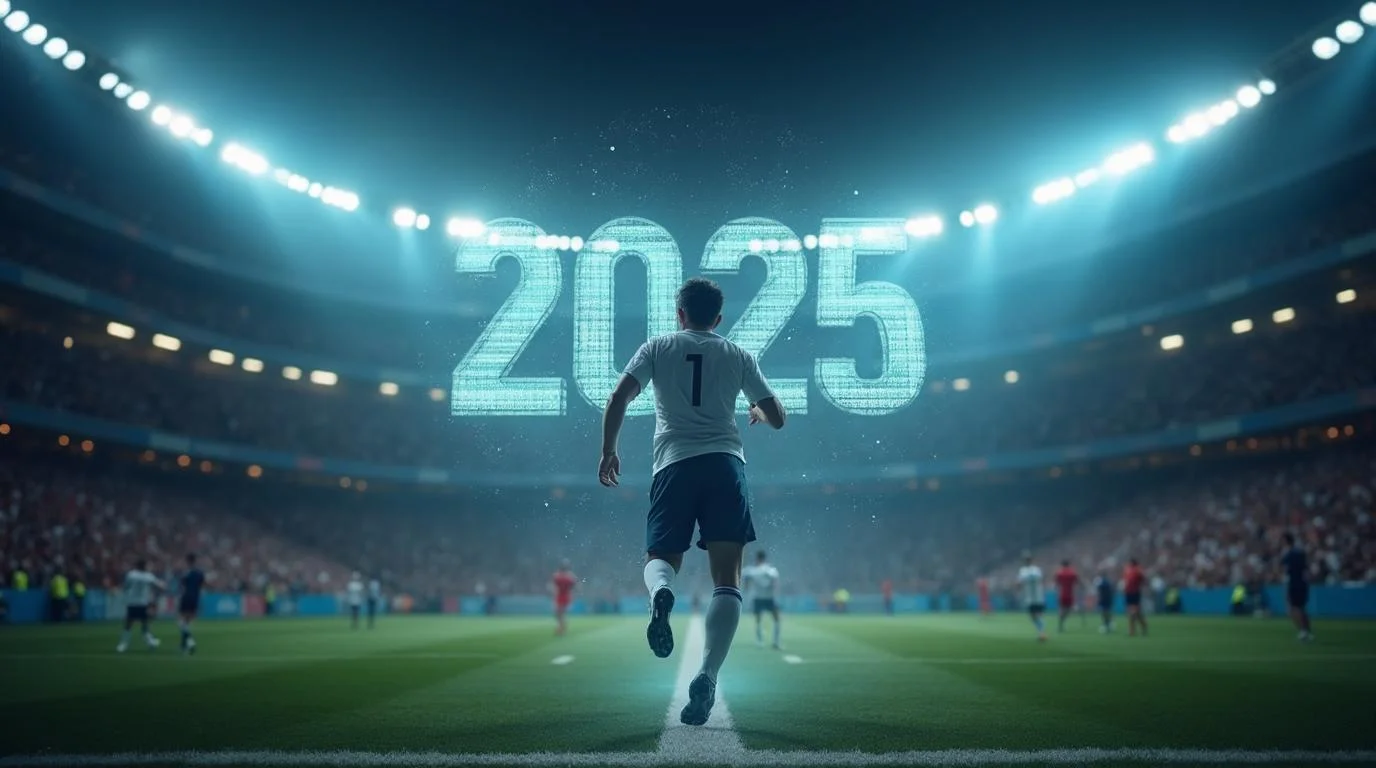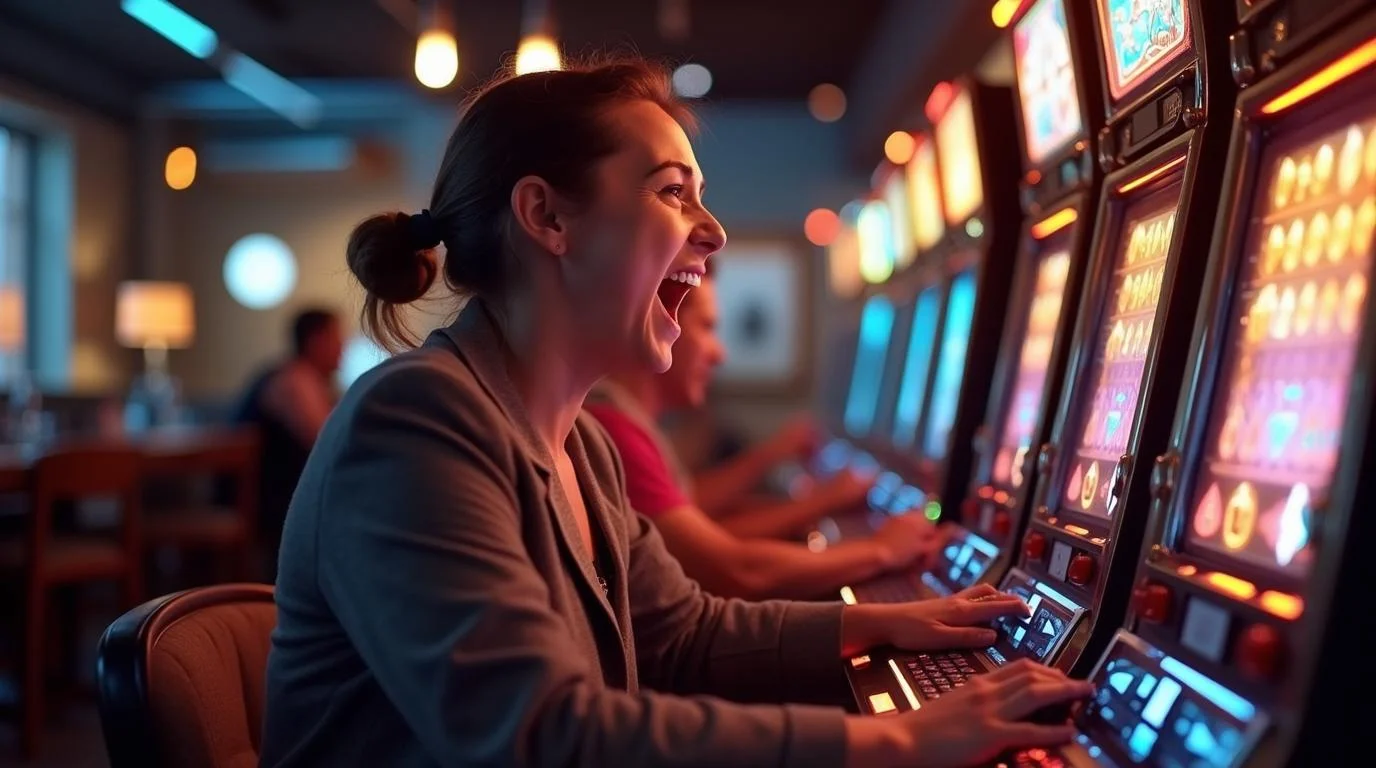Supreme Court in PA to Decide Once and for All Whether Skill Games Qualify as Gambling

1.0
Default
Can skill games be classified as gambling? This is what the Pennsylvania supreme court will debate and decide on, as distributors await its verdict with bated breath.
The fate of so-called skill games in Pennsylvania is poised to be determined by the state's highest court. As the debate over these games intensifies, the Pennsylvania Supreme Court is set to provide a definitive ruling, which could pave the way for their regulation and taxation, just like other casino games. This decision comes as online casinos in the Keystone State push for equal regulation and taxation, while public opinion and lawmakers remain deeply divided.
The impending decision by the Pennsylvania Supreme Court is expected to be a landmark ruling, one that will realistically clarify the legal status of skill games and allow lawmakers to craft appropriate regulations. At the moment, skill games are ubiquitous in Pennsylvania, as they are found in gas stations, corner stores, and bars. In fact, the American Gaming Association estimates that there are around 67,000 skill games distributed throughout the state.
It's worth noting that Philadelphia is the only city that has taken the drastic step of banning these skill games completely, a move that has led to a lawsuit from the well-known distributor of such games in PA, Pace-O-Matic. The court will need to determine if the games should be categorized as gambling machines, particularly given the "so-called skill element that is almost entirely hidden from view and is almost impossible to complete," as released in a statement by Michelle Henry, the Attorney General. At the same time, the court will define what exactly constitutes a slot machine.
The impact of the Supreme Court's decision
If the Pennsylvania Supreme Court rules that skill games are a form of gambling, it will contradict a November 2023 ruling by the Commonwealth Court, which stated that the "element of skill" involved in these games prevents them from being classified as gambling. This previous ruling has been a cornerstone for the argument that skill games should be regulated differently from traditional gambling machines.
Online casinos in Pennsylvania have long been vocal about their desire for skill games to be taxed and regulated, similar to other casino games. They argue that the current ambiguity gives skill games an unfair advantage, as they are not subject to the same stringent regulations and taxes as traditional casino offerings. This discrepancy, they further contend, creates an uneven playing field in the state's gaming industry.
Public and legislative opinions count
The debate over skill games has seen a wide array of opinions from the public as well as legislators in Pennsylvania. Some view these games as a harmless form of entertainment that provides small businesses with an additional revenue stream. In contrast, others see them as a form of unregulated gambling that preys on vulnerable populations and skirts the regulatory framework designed to protect consumers.
Lawmakers in the Keystone State have struggled to reach a consensus on how to handle the proliferation of skill games. Some advocate for stricter regulations and taxation, similar to other forms of gambling, while others believe these games should be left alone, given their purported skill component.
The potential consequences of the ruling
Whether we are for or against it, the Supreme Court's decision will have significant implications for the future of skill games in Pennsylvania. A ruling that categorizes them as gambling could lead to more stringent regulations, increased taxes, and potentially a reduction in their prevalence across the state. But at the same time, this would align skill games more closely with traditional casino games and could generate additional revenue for the state through taxes.
On the other hand, if the court upholds the Commonwealth Court's ruling, skill games will likely continue to operate under the current ambiguous regulatory environment. This outcome could perpetuate the existing tensions between traditional casino operators and skill game distributors.
As Pennsylvania awaits the Supreme Court's decision, the outcome will undoubtedly shape the future of the gaming industry in the Keystone State. Whether skill games will be regulated and taxed as gambling machines or continue to operate in their current form remains to be seen, but the court's ruling will be a pivotal moment in this ongoing saga.























